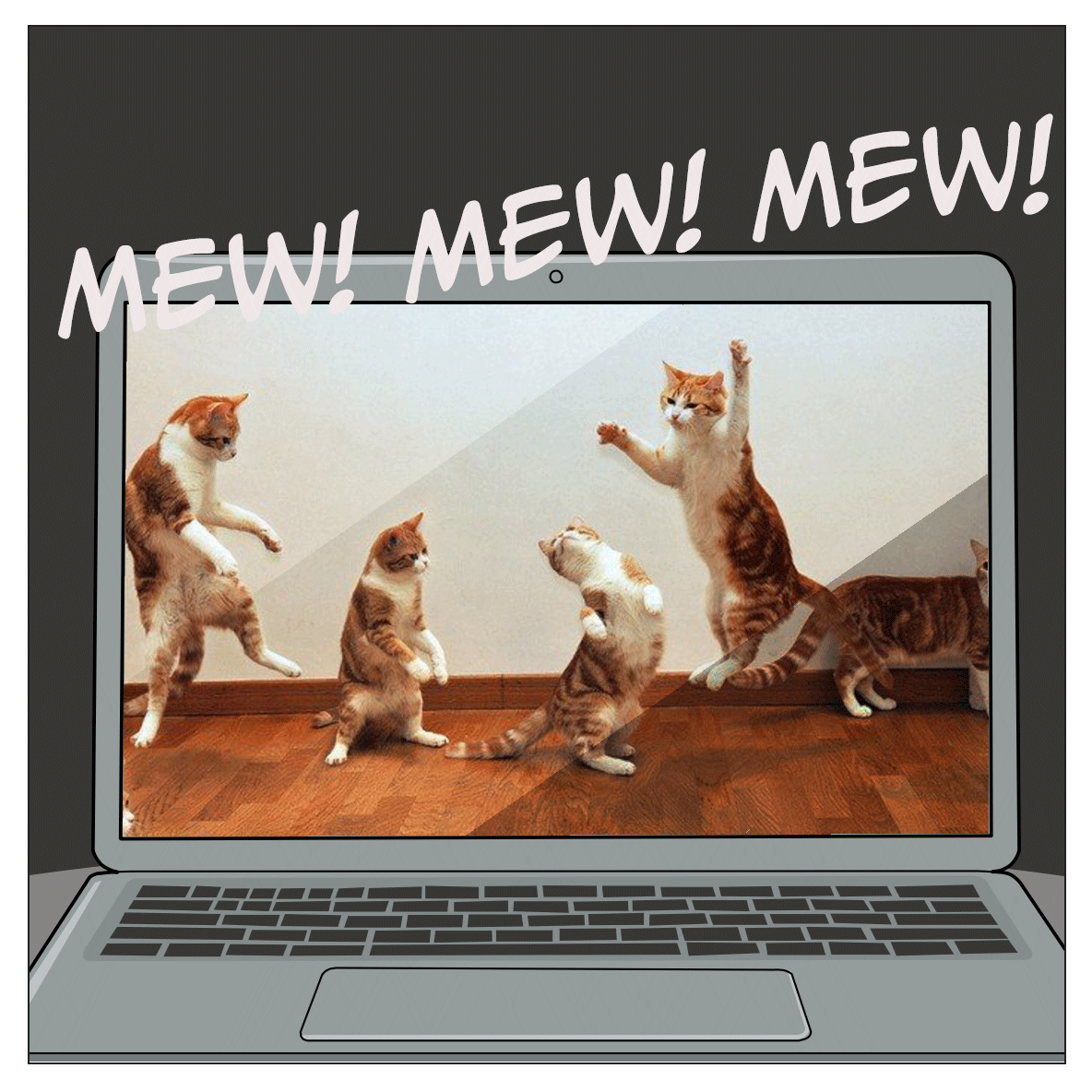AI: an Idea Mediation Partner
Sarah Connor: [voiceover] Watching John with the machine, it was suddenly so clear. The Terminator would never stop. It would never leave him, and it would never hurt him, never shout at him, or get drunk and hit him, or say it was too busy to spend time with him. It would always be there. And it would die to protect him. Of all the would-be fathers who came and went over the years, this thing, this machine, was the only one who measured up. In an insane world, it was the sanest choice. — Terminator 2: Judgement Day.
The process for taking a great idea in your head and making it real is daunting. It’s rare that others would agree and commit with you, because disruption doesn’t come naturally to everyone. A new idea isn’t a “safe” idea. Because of this, ideas need to be played with in order to have a path.
With AI, and specifically ChatGPT, I’ve found a reliable partner to explore concepts and ideas. And in doing so, I feel better about how to move forward.
ChatGPT doesn’t pass judgement
Except for some content safeguards, ChatGPT is a totally amazing improve partner. It rarely says “no” to ideas. I can have some of the dumbest thoughts, ask ChatGPT to build a case for it, and it opens the exploration window wide. It follows through with programmed sincerity.
Our internal censors often hold us back from deep exploration. But ChatGPT has no dog in the race. It’s just there to offer ideas. Some are bad in themselves, but a discerning human can then go in and safely find other hooks.
ChatGPT is patient
I have one chat page going that’s lasted weeks. I occasionally poke in to it and mine for ideas. In another, I’ve requested several rewrites on concepts and arcs. I don’t intend to use any of them verbatim, but I find them extremely helpful in keeping the flow going, especially when I’m stuck or have “the idea-fidgets.”
ChatGPT doesn’t care that I have unresolved threads. It doesn’t care if I don’t use any of its ideas. It has no ego to fulfill. Because of that, it can wait forever on something and not express an issue there.
ChatGPT can take on wide perspectives
A single prompt on ChatGPT will yield a set of answers. But when you start refining your prompt to include personas, that’s when some of its power is really evident. No human has time to embody everyone’s needs. But for a marketer, testing how your approach is going to be perceived by a wide range is important to finding a common thread or pinpointing a discrete message.
It has enough source knowledge (and it’s getting more all the time) to base its personas on. Or you clarify as much as you can in your prompt. Anyone who’s ever done scene work in theater knows that for a writer, it’s incredibly beneficial to have the actors try a lot of different takes on their characters. You can build more robust, realized personas. Try doing that in a 30-minute meeting with a bunch of cross-functionals. They’ll run you out of the room.
ChatGPT is always available
Okay. That headline is really for click-bait, but the truth is, ChatGPT is pretty much always there. It doesn’t go on vacation. It doesn’t have to pick up the kids. It doesn’t have a mental health day. It works the same at 8AM as it does at 8PM.
If you have a personal board of advisors, or even other human partners and coworkers you normally explore ideas with, it’s not fair to take all their time for something crazy or that just needs exploration. But ChatGPT (especially if you play for Plus) is a click away.
And again, it doesn’t have to be right. It can just noodle on an idea. As a kid, I would set up the ping pong table so I could hit the ball to myself. Or I would go to the basketball court and just shoot baskets. It was meditative.
ChatGPT offers a form of “idea mediation.”

